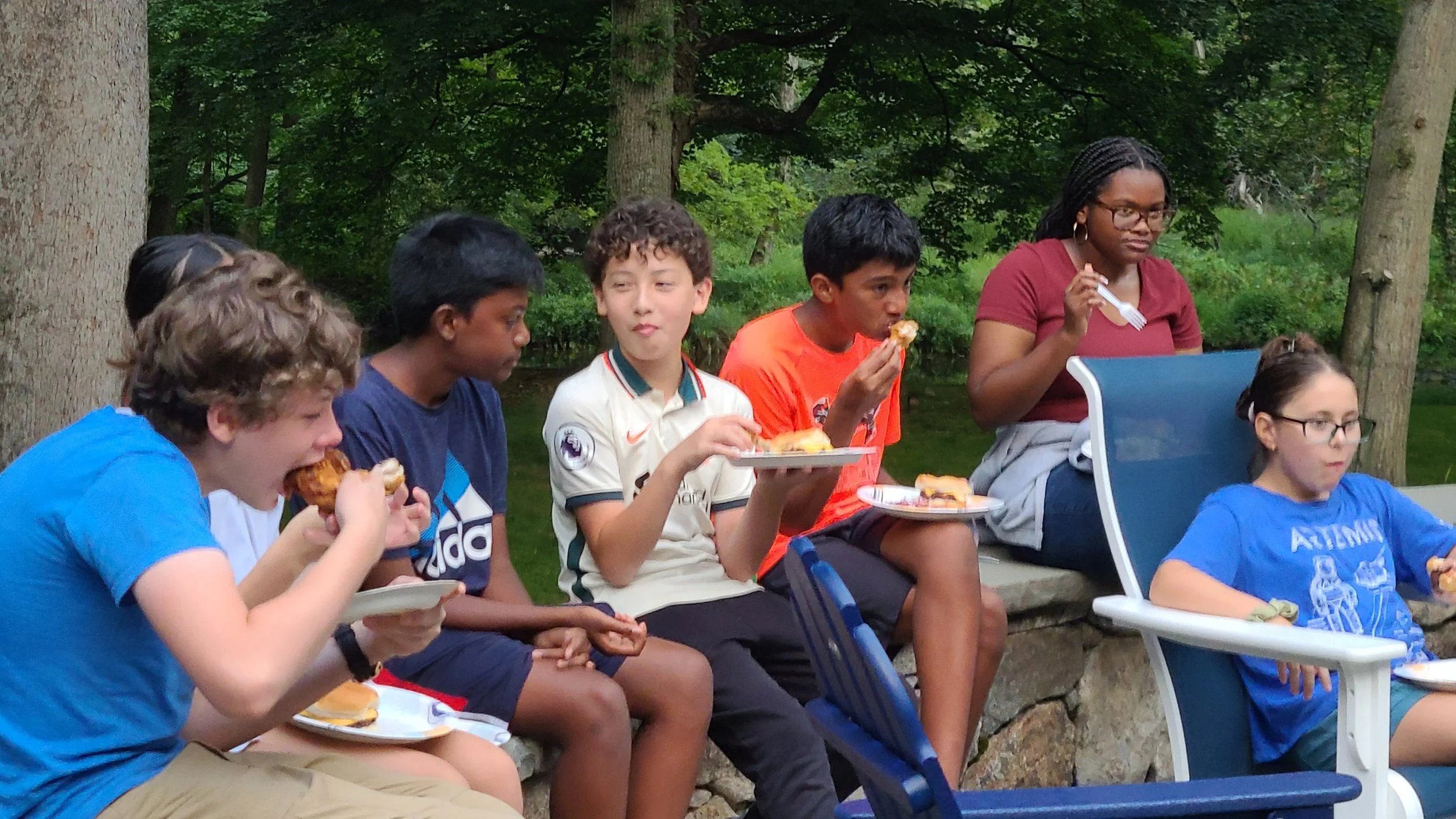
Everyone, everyone, EVERYONE is welcome.
Join us for worship on Sundays at 10:00 AM.
Be a part of our community.
We are a vibrant, active community of people who gather to worship, learn, work, and play together, based in the heart of Westport, CT.
We are an open and affirming church (LGBTQ+) in the United Church of Christ. Our doors, congregation, and communion table are open to all.
Find Us
245 Post Road East
Westport, CT 06880
P: 203.227.1261



